


A major breakthrough in Maya archaeology has emerged from Caracol, Belize, where the University of Houston team uncovered the tomb of Te K'ab Chaak—Caracol’s first known...
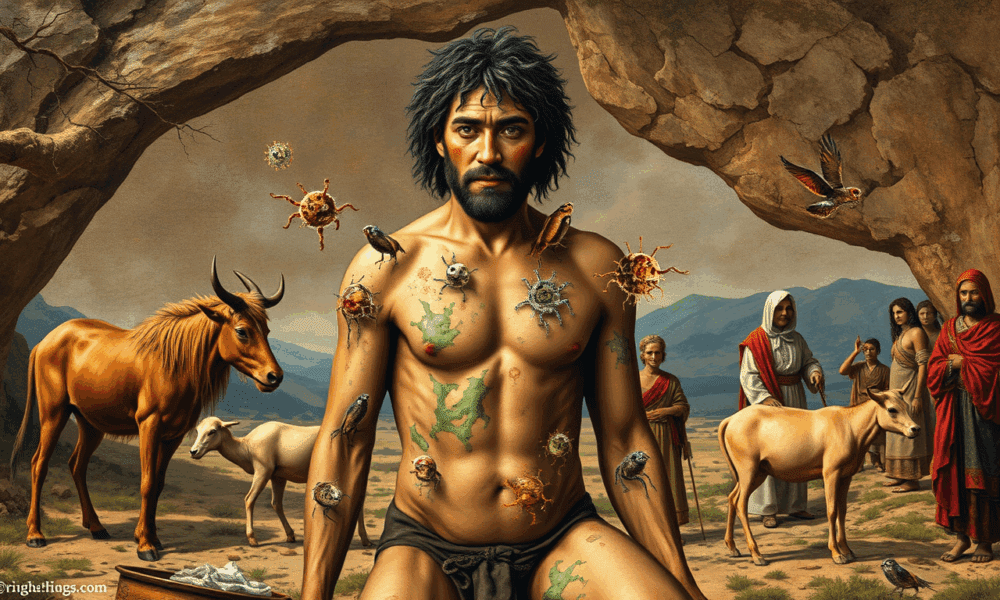
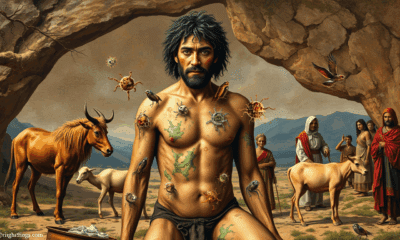

Scientists have uncovered DNA from 214 ancient pathogens in prehistoric humans, including the oldest known evidence of plague. The findings show zoonotic diseases began spreading around...
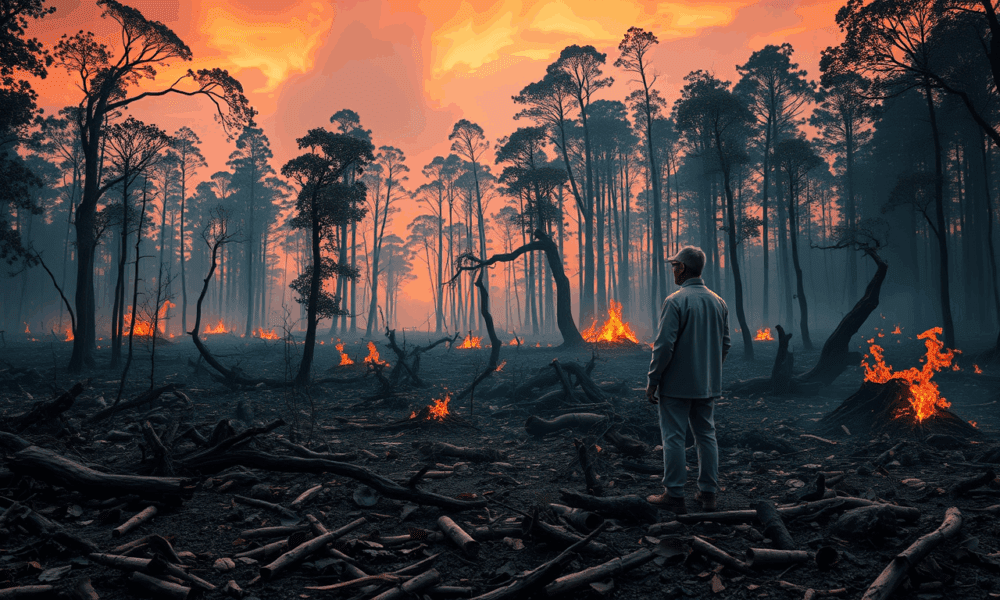
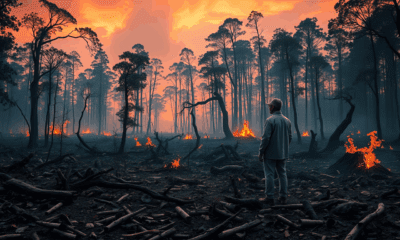

When Siberian volcanoes kicked off the Great Dying, the real climate villain turned out to be the rainforests themselves: once they collapsed, Earth’s biggest carbon sponge...
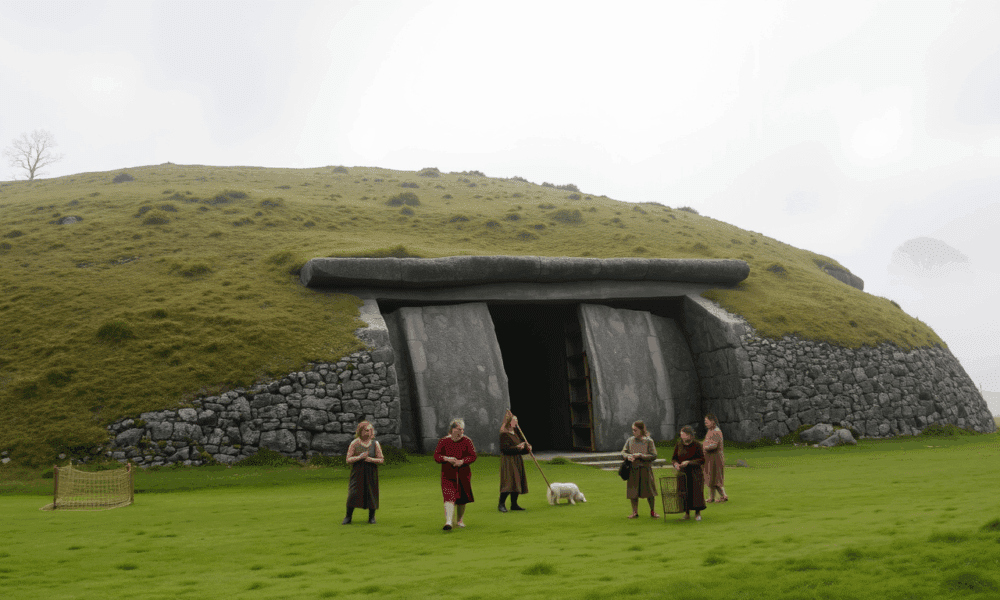
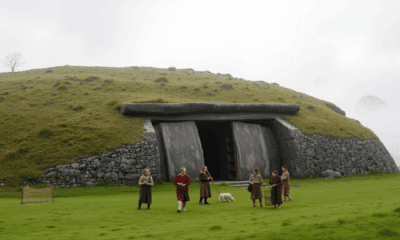

DNA from a skull found at Newgrange once sparked theories of a royal incestuous elite in ancient Ireland, but new research reveals no signs of such...
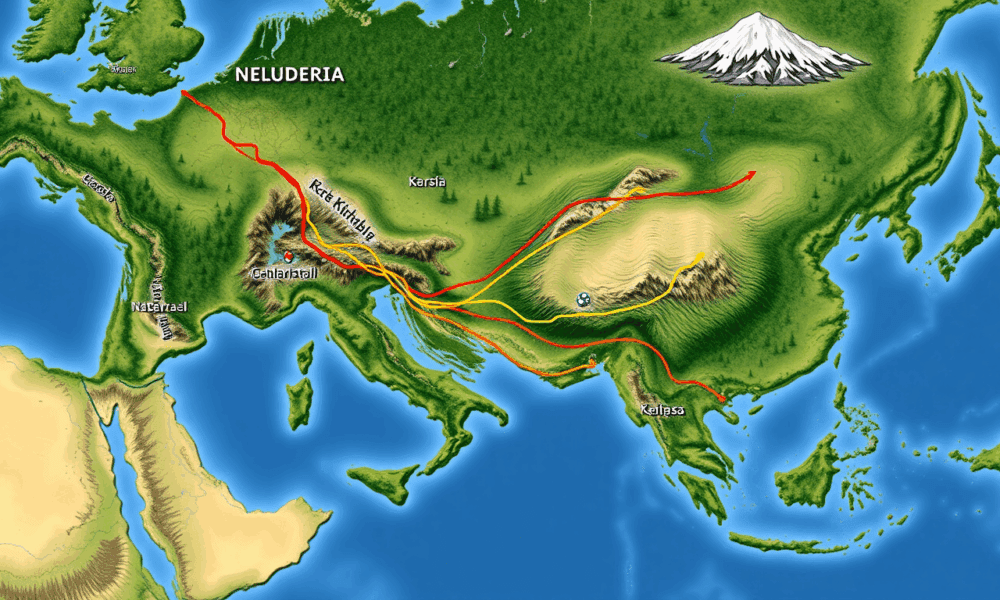
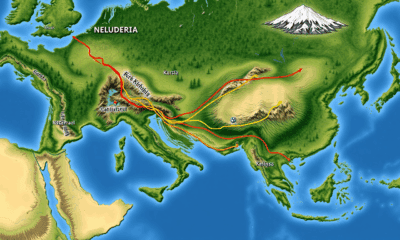

Neanderthals may have trekked thousands of miles across Eurasia much faster than we ever imagined. New computer simulations suggest they used river valleys like natural highways...
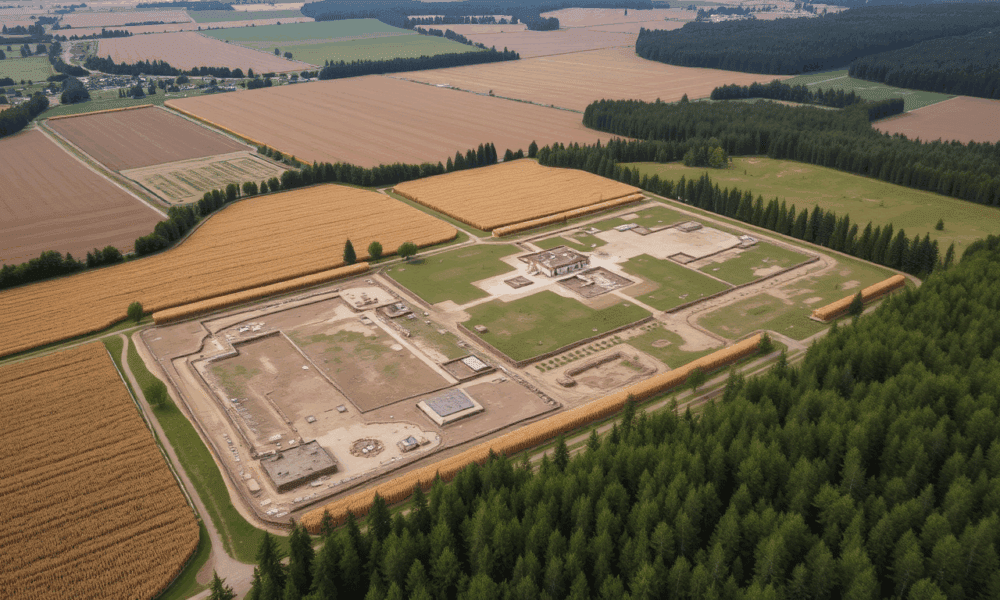
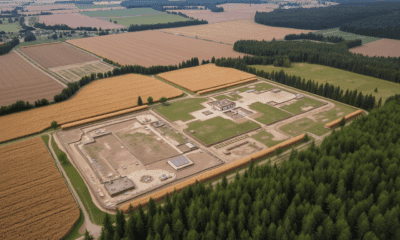

Bronze Age life changed radically around 1500 BC in Central Europe. New research reveals diets narrowed, millet was introduced, migration slowed, and social systems became looser...
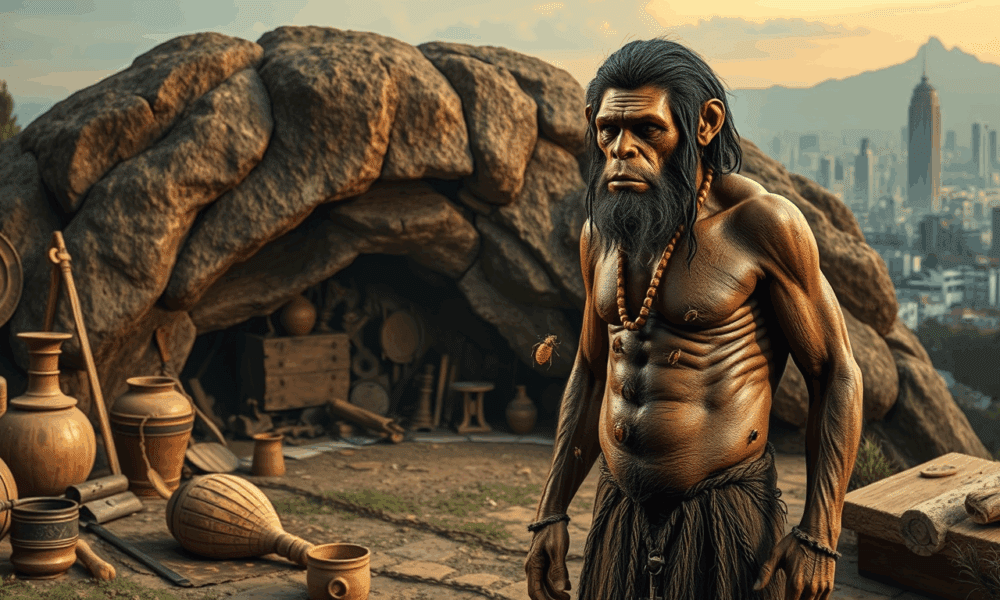
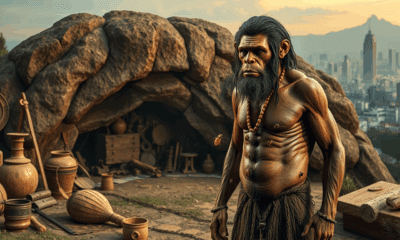

Researchers compared the whole genome sequence of two genetically distinct lineages of bed bug, and their findings indicate bed bugs may well be the first true...



Plants that reproduce exclusively by self-pollination arise from populations with extremely low diversity to begin with. The research not only adds a facet to possible evolutionary...
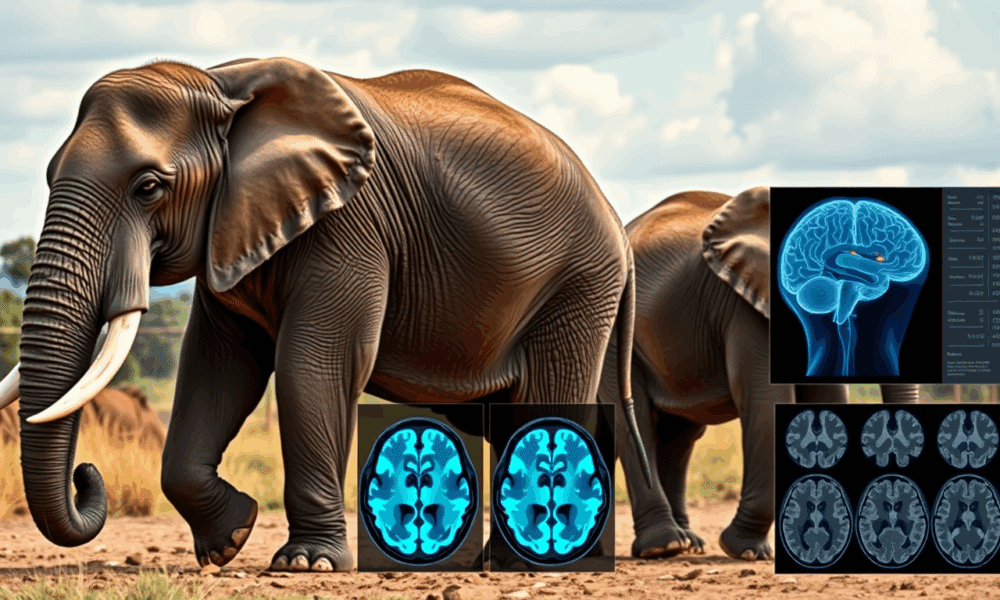
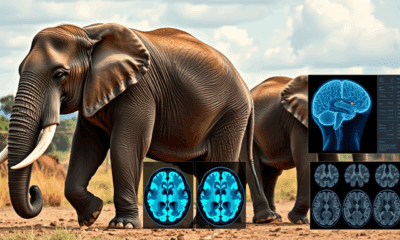

African elephants are the largest land animals on earth and significantly larger than their relatives in Asia, from which they are separated by millions of years...
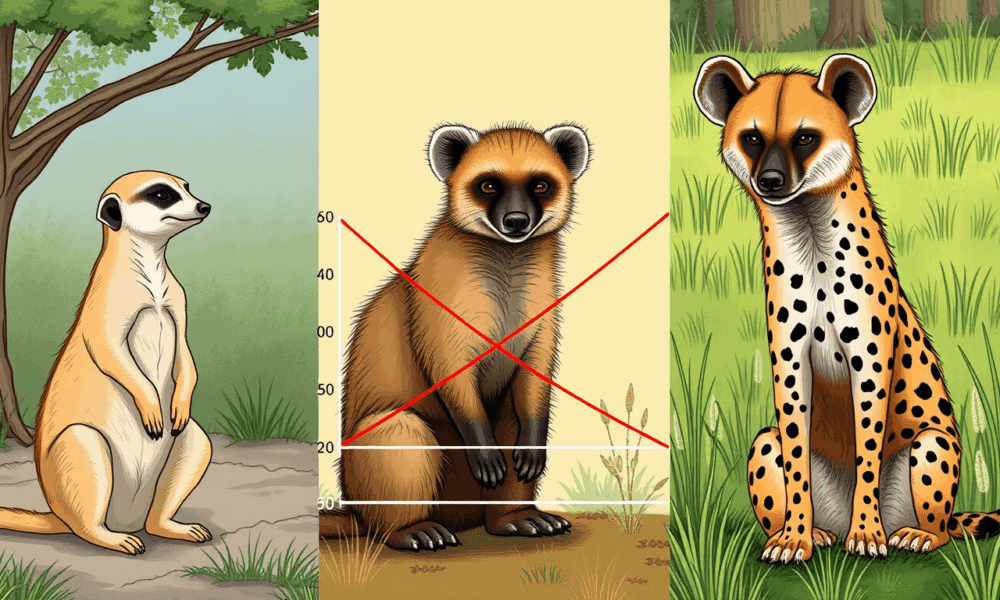
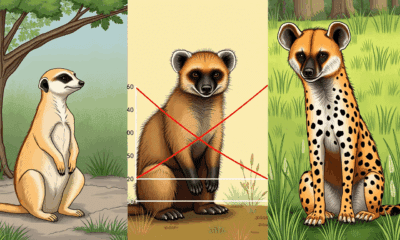

In the natural world -- where predators pounce, prey flee, and group members feed and sleep in solidarity -- animal behavior is glorious in its variety....